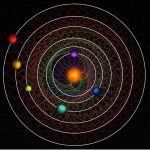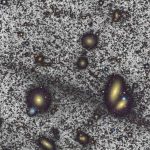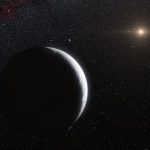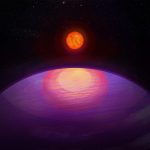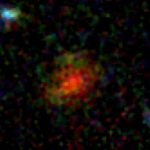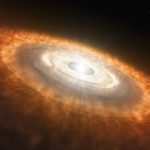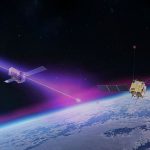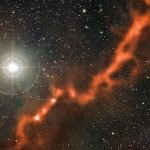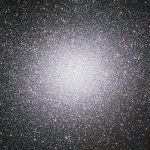Dancing planets: A unique cosmic symphony 100 light-years away
In a remarkable discovery, scientists have found a star system, not too far from Earth, where six planets are performing a cosmic dance around...
Astronomers discover a spectacular star stream stretching between galaxies
Astronomers have made an exciting discovery: a massive stream of stars, stretching far beyond any single galaxy.
This discovery, published in the journal Astronomy &...
Eris could be slushier than Pluto, shows study
In 2005, astronomer Mike Brown and his colleagues Chad Trujillo and David Rabinowitz announced the discovery of a previously unknown planetoid in the Kuiper...
Scientists find enormous planet orbiting small star, shaking up solar system theories
Scientists from Penn State University have made a groundbreaking discovery that's turning heads in the world of astronomy.
In a recent study published in the...
Scientists discover a ghostly galaxy with James Webb Space Telescope
In a remarkable turn of events, astronomers have rediscovered a galaxy that was once visible, then seemingly disappeared, and has now been spotted again...
Scientists find rocky planet can form in harsh space environments
A team of international astronomers has made a groundbreaking discovery with the help of the James Webb Space Telescope (Webb).
For the first time, they've...
Should we send humans to Venus
NASA is preparing to send humans back to the Moon with the Artemis missions in the next few years as part of the agency’s...
A gamma-ray burst disturbed the earth’s ionosphere
You’d think that something happening billions of light-years away wouldn’t affect Earth, right?
Well, in 2002, a burst of gamma rays lasting 800 seconds actually...
Could life exist in molecular clouds?
Our search for life beyond Earth is still in its infancy.
We’re focused on Mars and, to a lesser extent, ocean moons like Jupiter’s Europa...
Spider pulsars are tearing apart stars in the omega cluster
Pulsars are extreme objects. They’re what’s left over when a massive star collapses on itself and explodes as a supernova.
This creates a neutron star.
Neutron...

